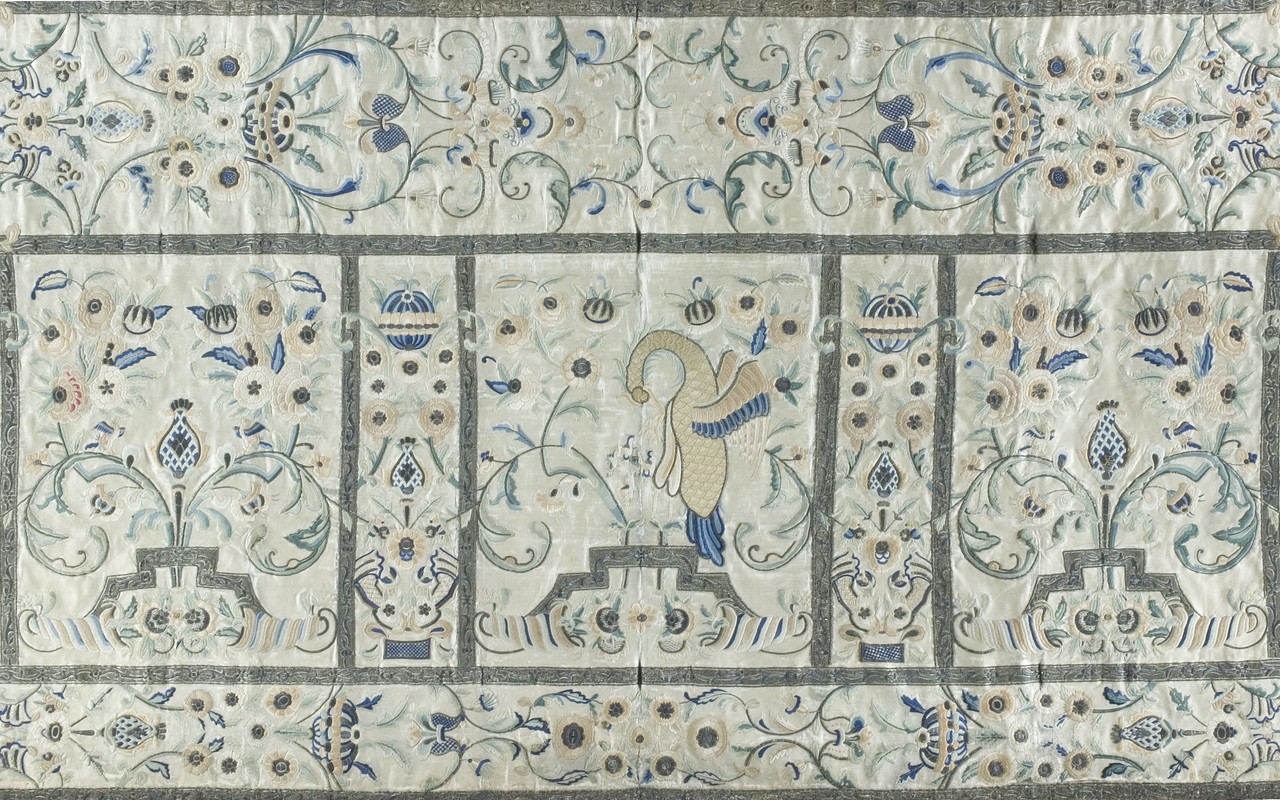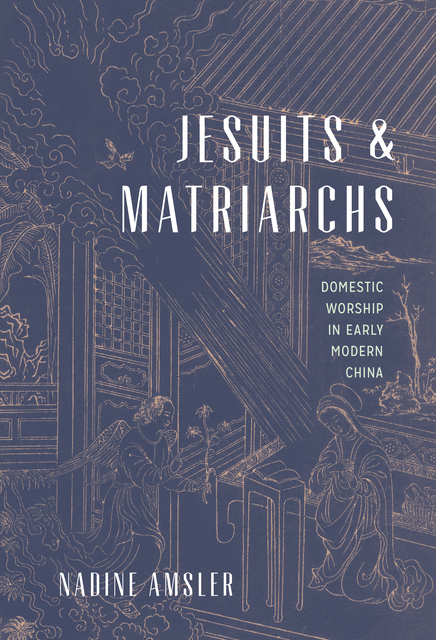The publication of Jesuits and Matriarchs was made possible in part by grants from the James P. Geiss and Margaret Y. Hsu Foundation, the Chiang Ching-kuo Foundation for International Scholarly Exchange, and the Swiss National Science Foundation.
Jesuits and Matriarchs
Domestic Worship in Early Modern China
In early modern China, Jesuit missionaries associated with the male elite of Confucian literati in order to proselytize more freely, but they had limited contact with women, whose ritual spaces were less accessible. Historians of Catholic evangelism have similarly directed their attention to the devotional practices of men, neglecting the interior spaces in Chinese households where women worshipped and undertook the transmission of Catholicism to family members and friends. Nadine Amsler’s investigation brings the domestic and devotional practices of women into sharp focus, uncovering a rich body of evidence that demonstrates how Chinese households functioned as sites of evangelization, religious conflict, and indigenization of Christianity.
The resulting exploration of gendered realms in seventeenth-century China reveals networks of religious sociability and ritual communities among women as well as women’s remarkable acts of private piety. Amsler’s exhaustive archival research and attention to material culture reveals new insights about women’s agency and domestic activities, illuminating areas of Chinese and Catholic history that have remained obscure, if not entirely invisible, for far too long.

PDF version
Metadata
- isbn9780295743813
- publisherUniversity of Washington Press
- publisher placeSeattle
- rightsCC-BY-NC-ND 4.0
- rights holderUniversity of Washington Press


